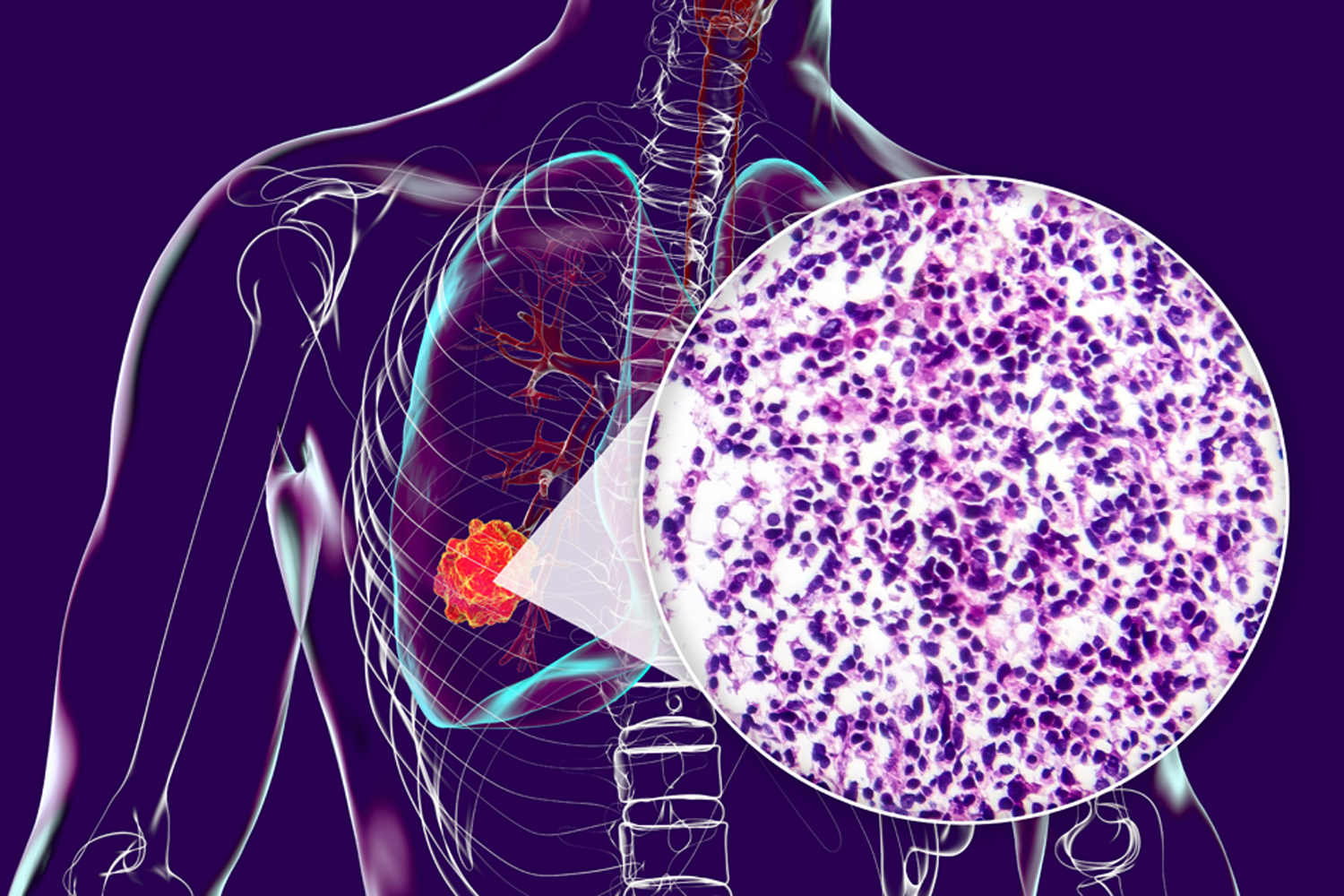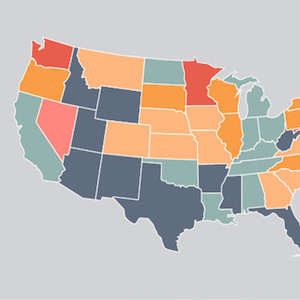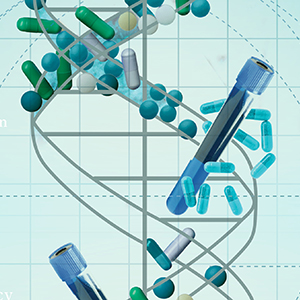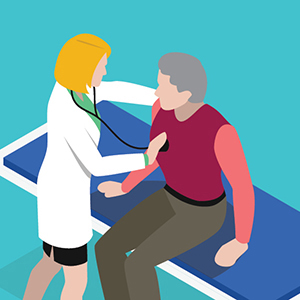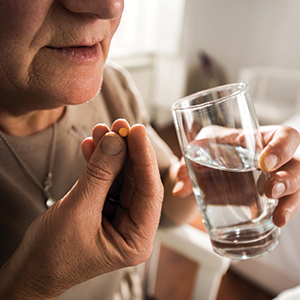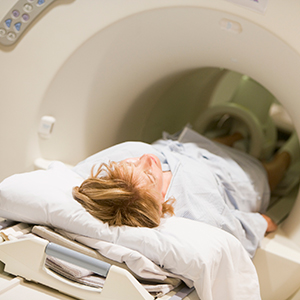-
A Prescription for Prevention?
Scientists are working to understand the molecular processes that transform normal cells into cancer cells in the hope they can prevent the disease before it starts.
by Marci A. Landsmann
-
Seeking a Second Opinion
Another perspective on your disease may help you find the best cancer care.
by Stephen Ornes
-
Healthy Habits
Tanning TroubleIndoor tanning is a major culprit in melanoma diagnosed early in life.
by Kate Yandell
-
From the Editor-in-Chief
Cancer and the MicrobiomeAltering the gut microbiota and microbiome could become a strategy for cancer prevention and treatment.
by William G. Nelson, MD, PhD
-
Forward Look
What Is CRISPR?Q&A with oncologist Howard Kaufman on the new gene-editing tool.
by Chris Palmer
-
Forward Look
Longer Treatment May Benefit Some Breast Cancer PatientsTen years of hormone therapy studied.
by Sue Rochman
-
Forward Look
Addressing Depression in Adult Cancer SurvivorsStudy links depression to money woes and missed opportunities for follow-up.
by Marilyn Fenichel
-
Forward Look
Report Links Excess Weight to Eight More Cancer TypesReview increases number from five to 13.
by Kendall K. Morgan
-
Forward Look
Little Consensus on Ovarian Cancer MonitoringTests and scans may be overused.
by Kate Yandell
Cancer Talk
Treatment Combination Improves Survival in EGFR-positive Lung Cancer
Adding chemotherapy to targeted therapy improves outcomes for people with advanced EGFR-positive non-small cell lung cancer.
by Sandra Gordon
Lessons From 20 Years Living With CancerMultiple myeloma survivor Jonathan Gluck reflects on uncertainty, and the scientific progress that has kept him living with cancer for more than two decades.
by Eric Fitzsimmons
The Enduring Importance of Cancer Disparities ResearchOpening session from AACR conference highlights how perseverance and adversity have informed cancer disparities research over the years.
by Eric Fitzsimmons
Most Cancer Survivors Don’t Meet Healthy Diet GoalsDespite research linking fruits and vegetables to cancer survival, many people do not change their eating habits after diagnosis.
by Darlene Dobkowski

